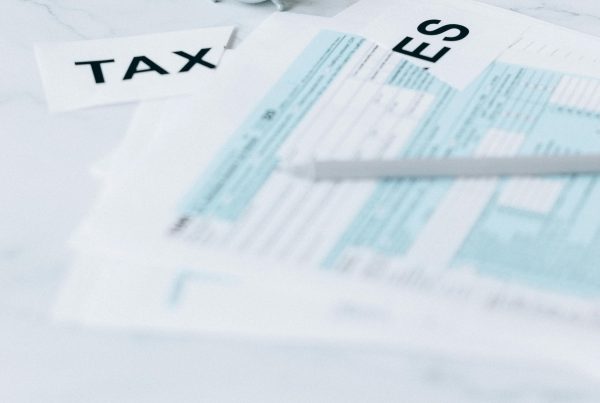ATO Medicare Exemption Data-matching Continues
The ATO has announced the extension of its Medicare exemption statement data-matching program. This program has been conducted for the last 12 years, and has now been extended to collect data for the 2021 through to 2023 financial years. It is estimated that information relating to approximately 100,000 individuals will be obtained each financial year.
The Medicare exemption statement (MES) is a statement that outlines the period during a financial year that an individual was not eligible for Medicare. It can be obtained from Services Australia. Individuals who are not eligible for Medicare will then be exempt from paying the Medicare levy in their tax returns.
If you live in Australia as an Australian citizen, a New Zealand citizen, an Australian permanent resident, an individual applying for permanent residency or a temporary resident covered by a ministerial order, then you are eligible to enrol in Medicare and receive healthcare benefits. However, this also means you need to pay Medicare levy at 2% of your taxable income to partly fund the federal scheme.
Individuals not eligible for Medicare benefits can apply for the MES to claim an exemption from paying the Medicare levy (and the Medicare levy surcharge if applicable) in their tax returns. The exemption needs to be applied for in each financial year that the individual is not entitled to Medicare benefits. The following people may be eligible to apply for an MES:
- Australian permanent residents who have lived outside of Australia for 12 months or more;
- temporary visa holders who have not applied for permanent residency;
- temporary visa holders who are not eligible for Medicare under a reciprocal health care agreement;
- New Zealand citizens who have spent less than six months in Australia within a 12-month period; and
- Australian citizens living overseas for five years or more.
The information that will be obtained as part of the ATO’s extended data-matching program includes MES applicants’ identification details, entitlement status and approved entitlement period details. The ATO will also match the number of days for which an individual claims they were not entitled to receive Medicare benefits with the information included in the MES.
The data collected will be used to ensure that exemptions claimed by taxpayers in their tax returns for the relevant years are correct, as well as to avoid the ATO unnecessarily seeking information from genuine claimants of the exemption.
In previous years of this data-matching program, the ATO was able to verify around 87% of the Medicare exemptions claimed in individual tax returns without needing to contact the taxpayers directly. However, the remaining 13% of taxpayers (around 11,000 individuals) who claimed Medicare exemptions were subjected to ATO review.
While the ATO has not detailed the specific compliance activity that may flow from the continuation of the program, this data-matching is expected to be used to promote voluntary compliance and develop educational strategies.
Important: Clients should not act solely on the basis of the material contained here. Items herein are general comments only and do not constitute or convey advice per se. Also, changes in legislation may occur quickly. We, therefore, recommend that our formal advice be sought before acting in any of the areas.



